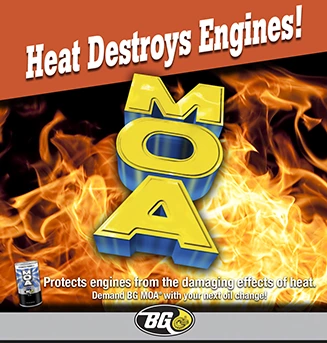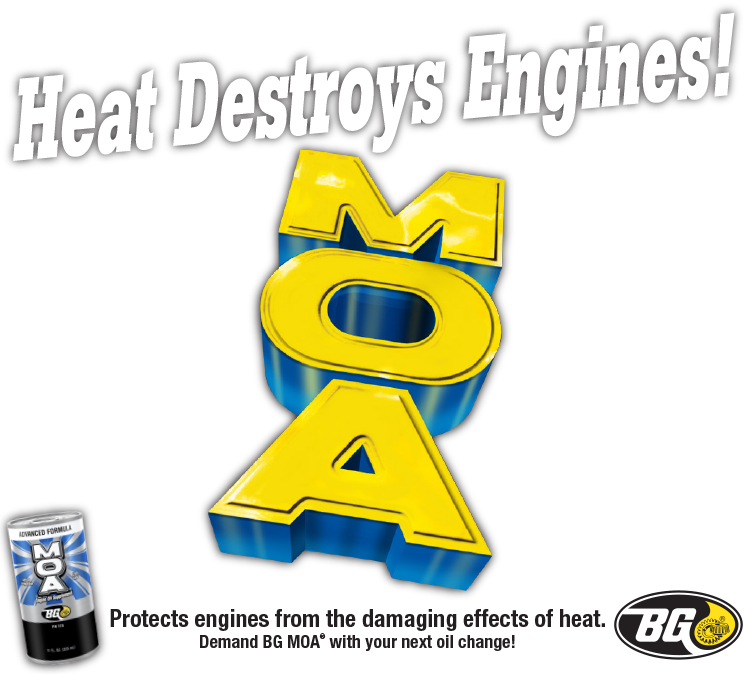The Right Oil for the Season (Engine Oil Viscosity)
April 3, 2022
As the temperatures plunge, certain types of engine oil may not flow as easily as they did when it was warmer. Makes sense, doesn't it? Just like molasses gets thicker as the temperature goes down, engine oil does the same thing. So, maybe you're wondering if you have to change your oil as the seasons change so it's just the right thickness to lubricate your engine parts.
How well engine oil flows is called its viscosity. There are different types of oil—some that have just one viscosity and others called "multigrade" oils. Here's the difference.
A single viscosity oil will flow better when it's hot but not as well when it's cold. A multigrade oil is engineered so that its flow properties at cold temperatures are different than they are at warm temperatures. In other words, a multigrade oil can start out in colder temperatures acting like a thinner oil and then behave like a thicker oil when it's warm. That's a pretty cool trick and it's why multigrade engine oil is used in nearly all vehicles. Your vehicle's manufacturer has the correct viscosity of oil for your particular model included in the owner's manual.
Another choice you have to make when it comes to engine oil is whether you use conventional oil, synthetic oil or a blend of the two. Synthetic oils have some advantages over conventional, such as resisting breakdown better and withstanding higher temperatures.
Check with your service advisor to see which viscosity and type of oil is recommended for your vehicle. It's important that in cold weather, the oil flows through your engine at the right thickness so that parts are being properly lubricated. That will make sure you'll get good fuel economy and performance, no matter what the temperature is.
South Side Garage
9117 S WALKER AVE
OKLAHOMA CITY, Oklahoma 73139
405-308-1514
http://www.thesouthsidegarage.com
More articles from Southside Garage

What's in a Number? (What Tire Numbers Mean)
February 22, 2026
You've probably never paid much attention to the writing on the sides of your tires, but they contain a wealth of information. There's a long combination of letters and numbers that can tell you a whole lot about what tires your vehicle was designed to be riding on. Let's check out this example... More

Rubber Match (Tire Replacement)
February 15, 2026
A set of new tires isn't probably high on anyone's list of exciting purchases. But since your life is literally riding on them, it's probably a good idea to know when it's time for you to buy new ones. If you've been feeling your vehicle slipping more in wet weather or it takes a longer distance... More

Lean Times (Shocks and Springs)
February 8, 2026
You may have noticed your vehicle going through lean times. By that, we mean it's literally leaning to one side. When you notice that, you should get it checked out at your service facility soon because you could have a serious problem. Many things can cause a vehicle to lean. You may have pro... More









